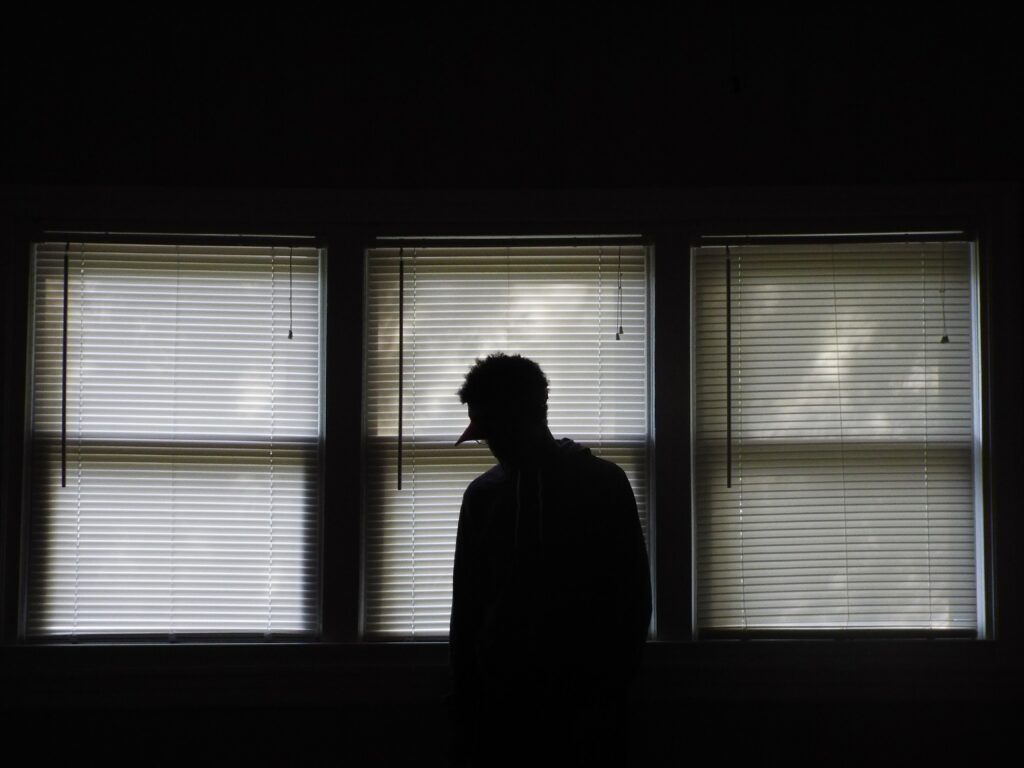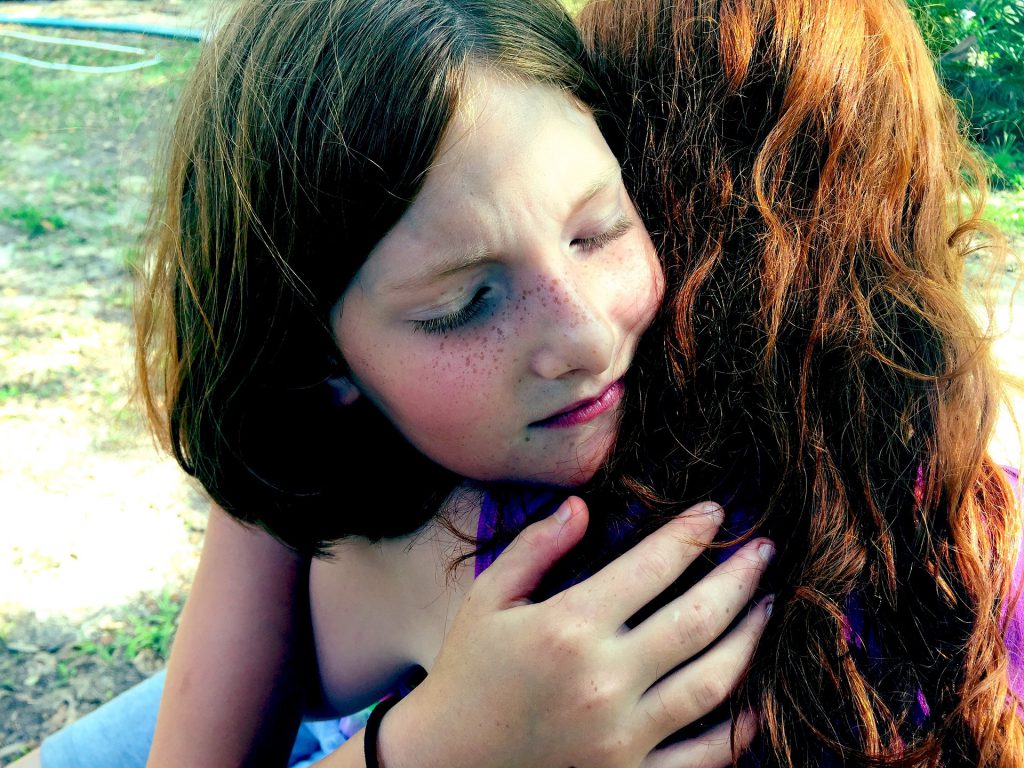How to Help a Depressed Loved One by Guest Blogger, Rick Qualls
by Rick Qualls
Depression is like quick-sand.
Your loved one may be stuck. Stuck with a lack of energy, stuck in loneliness, stuck in isolation, stuck unable to make decisions, stuck and unable to love you well.
Depression is a genuine complex brain disease. It may have been triggered by loss, traumatic events past or present, repressed anger and fear, a battered self-esteem, or genetics.
Depression is an illness that leaves your depressed loved one feeling helpless and hopeless.
What can you do to help your loved one?
First, be aware of the symptoms of depression.There may be feelings of emptiness or sadness; feelings of hopelessness and helplessness; difficulty decision-making; sleep problems (insomnia or too much sleep); decreased energy and lack of interest in what were enjoyable activities; thoughts of death or suicide.
But remember symptoms can vary. Everyone experiences depression differently.
Secondly, you may feel guilty. You are not responsible for someone else’s mental health. You can’t make someone else change, all that you can be responsible for is yourself.You can’t make someone love you well.
There are positive things you can do to make a difference. Focus on what you can do, not what you can’t.
Thirdly, Take Care Of Yourself. Sometimes if the bout of depression continues for a significant time you can become depressed, too. It is partially the result of your empathy. Your feelings of frustration, anger, your own withdrawal from friends and family, and anxiety can bring on your own depression.
That is why it is critical to take care of yourself.
Fourthly, reach out to your support system. You need safe people you can talk to. You need people who listen without judging you or your loved one. You need friends to share with. You need friends you can socialize with.
A counselor can help you discover healthy coping behaviors to manage your frustration.
A good relationship with your doctor is an important part of your support team.
Fifthly, learn to have compassion for yourself. Be kind, gentle, forgiving, supportive to yourself. And to your loved one.
Finally, here are specific things you can do for your loved one.
- Advocate for them. Encourage them to get treatment. Realize that you can’t fix this for them.
- Educate yourself on depression, its symptoms and treatments.
- Be willing to help make counseling appointments and/or go with them if your loved one is not functional.
- Be aware this is a complicated disease. Saying things like, “snap out of it”, or “you are just too negative,” “your faith isn’t strong enough” will not help. Your loved one does not need these judgments. That just reinforces the depression.
- If your loved one is suicidal or has hallucinations get them to the hospital.
- Listen, listen, listen. Even when they are silent,gracefully share the silence.
- Encourage them. Encourage them to take care of themselves. Remind them to remember their strengths and the difficulties they have previously overcome.
- Pray for them. Your loved one may not be able to ask for prayer. But know that they need prayer.
- Affirm them of God’s love and your support.
Remember there is hope for your loved one and for you as a caregiver.
Here are some Bible verses that may give you strength.
“So do not fear, for I am with you; do not be dismayed, for I am your God. I will strengthen you and help you; I will uphold you with my righteous right hand. “(Isaiah 41:10)
“For I know the plans I have for you,” declares the Lord, “plans to prosper you and not to harm you, plans to give you hope and a future.” (Jeremiah 29:11)
“Now to him who is able to do immeasurably more than all we ask or imagine, according to his power that is at work within us,” (Ephesians 3:20)
One day quick sand will become solid ground. There is help. There is hope.
Rick is a Fresh Hope blogger. Check out his blog post and other Fresh Hope bloggers posts at: Fresh Hope Blog






